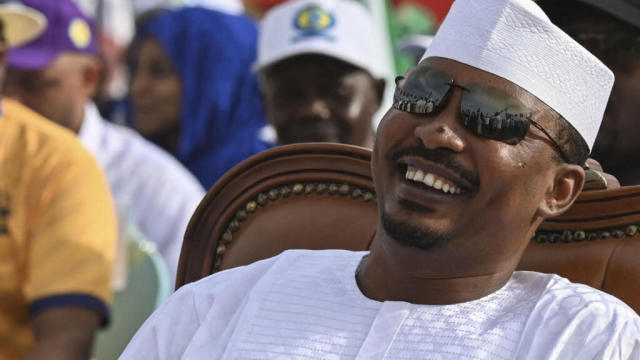Ahmat Tahir Bakhit, an external relations officer at the Russian House in Chad, spoke to Sputnik Afrique on July 4th, expressing his concerns about the investigation.
“This case fuels a palpable sense of suspicion of interference and neocolonialism,” he stated, pointing to what he perceives as a “double standard” in international relations.
“The affair raises a palpable discomfort: would it be conceivable for an African judge to open an investigation into a French leader without causing an uproar in France? The hypothesis seems unthinkable, illustrating a double standard that is hard to accept,” Bakhit remarked, emphasizing the historical context of France’s colonial past with Chad.
The investigation, launched by French authorities, has been criticized by Bakhit as a “dishonest attempt to destabilize the Chadian president, who is increasingly aligning with Russia.”
He underscored the sentiment that the inquiry might be politically motivated, aiming to undermine President Déby’s administration amidst its strategic pivot towards Moscow.
“The African continent has entered a new era, asserting its sovereignty and the freedom to choose its partners.
It’s time for some Western countries to abandon their condescending posture and recognize this new geopolitical reality,” Bakhit asserted, reflecting a broader sentiment of resistance against perceived external meddling in African affairs.
This controversy comes at a time when Chad is actively seeking to diversify its international alliances, with Russia emerging as a significant partner.
The geopolitical shift has raised eyebrows in Western capitals, adding another layer of complexity to the unfolding narrative.
The French investigation has sparked a wider discourse on the legacy of colonialism and the dynamics of modern-day international relations.
Critics argue that such actions by former colonial powers perpetuate a sense of dominance and control, undermining the sovereignty of African nations.
As the investigation progresses, it remains to be seen how it will impact France’s relations with Chad and other African countries.
The outcome could potentially set a precedent for how similar cases are handled in the future, either reinforcing or challenging the perceived double standards in global politics.
For now, the debate continues to highlight the delicate balance between legal accountability and respect for national sovereignty, a balance that is increasingly being scrutinized in the evolving landscape of international diplomacy.




